Leaders of a world fragmented by war, climate change and persistent inequality are gathering under one roof for the annual high-level event of the United Nations General Assembly in New York, which opens on September 19 and runs until September 26.
The 78th UN General Assembly High-Level Week takes place against the backdrop of the ongoing Russia-Ukraine conflict, new political crises in West Africa and Latin America, the lingering impact of Covid-19, economic instability, growing inequality and devastating natural disasters such as earthquakes, floods and fires.
“People are looking to their leaders to find a way out of this chaos,” UN Secretary-General Antonio Guterres said ahead of the annual meeting of presidents, prime ministers , ministers and kings at the General Assembly.
Mr Guterres said the world needed action now – not more words – to tackle a worsening climate emergency, escalating conflicts, “massive technological disruption” and a global cost-of-living crisis that is driving up poverty.
“Yet, in the face of all this and more, geopolitical divisions are weakening our ability to respond,” the UN chief said.
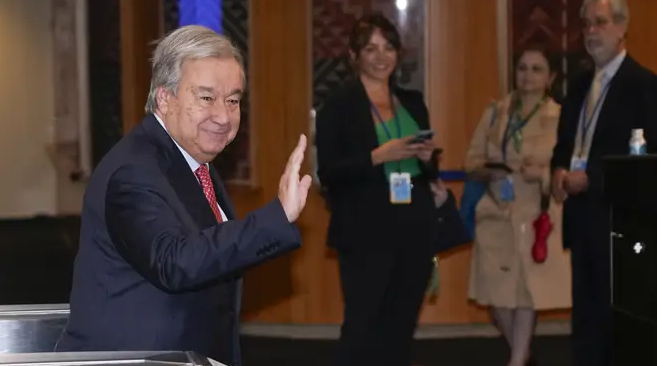
UN Secretary-General Antonio Guterres. Photo: PA
The 145 leaders are expected to address the 193-member General Assembly at their first full gathering since the Covid-19 pandemic disrupted travel. But it will also be the first time in years that US President Joe Biden will be the only one of the leaders of the five veto-wielding nations on the UN Security Council (UNSC) to address the 193-member General Assembly.
Chinese President Xi Jinping, Russian President Vladimir Putin, French President Emmanuel Macron and British Prime Minister Rishi Sunak will all be absent from the 78th UN summit.
Attention will therefore be focused on Ukrainian President Volodymyr Zelensky, who will make his first appearance on the podium later on September 19, and on US President Biden, who will be closely watched for his views on China, Russia and Ukraine.
The absence of leaders from the four major powers in the UNSC has caused complaints from developing countries, who want global powers to listen to their demands – including for funding to narrow the world’s widening rich-poor gap.
The G77 – a major UN grouping of developing countries that currently has 134 members, including China – has been pushing hard for this year’s global meeting to focus on the 17 Sustainable Development Goals (SDGs) adopted by world leaders in 2015. These goals are falling badly behind as the 2030 deadline passes halfway.
At a two-day SDG Summit, which opened on September 18, Mr. Guterres reiterated the “worrying” findings of a UN report in July: Only 15% of the 140 specific targets for achieving the 17 SDGs are on track, while most are on the wrong track, and none are likely to be achieved in the next seven years.
The wide-ranging goals include ending extreme poverty, ensuring every child has access to a quality secondary education, achieving gender equality and making significant progress in tackling climate change – all by 2030.
At current rates, the report says, 575 million people will still live in extreme poverty and 84 million children will not even be in primary school by 2030 – and it will take 286 years to achieve equality between men and women .
Minh Duc (According to LBC, Euronews)
Source


![[Photo] Cutting hills to make way for people to travel on route 14E that suffered landslides](https://vphoto.vietnam.vn/thumb/1200x675/vietnam/resource/IMAGE/2025/11/08/1762599969318_ndo_br_thiet-ke-chua-co-ten-2025-11-08t154639923-png.webp)





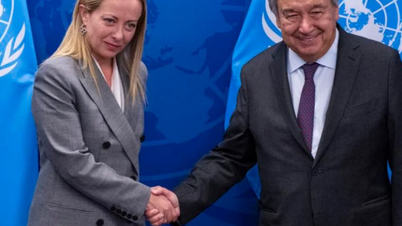
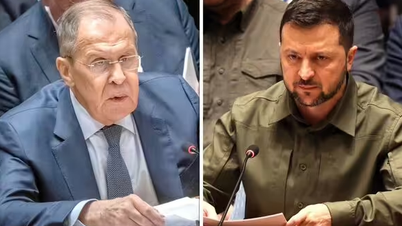
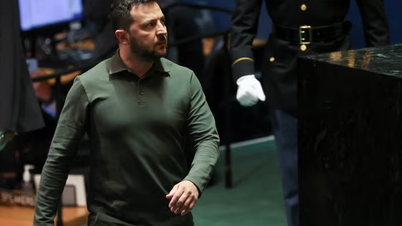


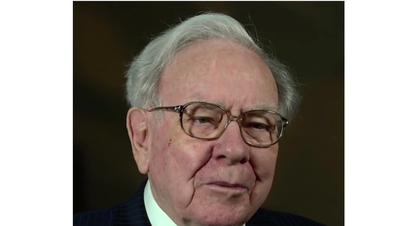



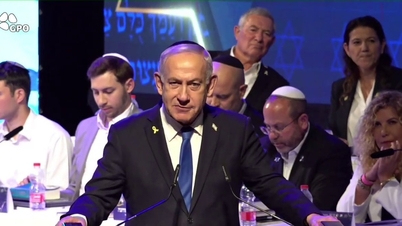











![[Photo] "Ship graveyard" on Xuan Dai Bay](https://vphoto.vietnam.vn/thumb/1200x675/vietnam/resource/IMAGE/2025/11/08/1762577162805_ndo_br_tb5-jpg.webp)








![[Video] Hue Monuments reopen to welcome visitors](https://vphoto.vietnam.vn/thumb/402x226/vietnam/resource/IMAGE/2025/11/05/1762301089171_dung01-05-43-09still013-jpg.webp)
































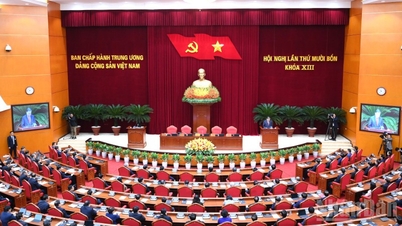






































Comment (0)